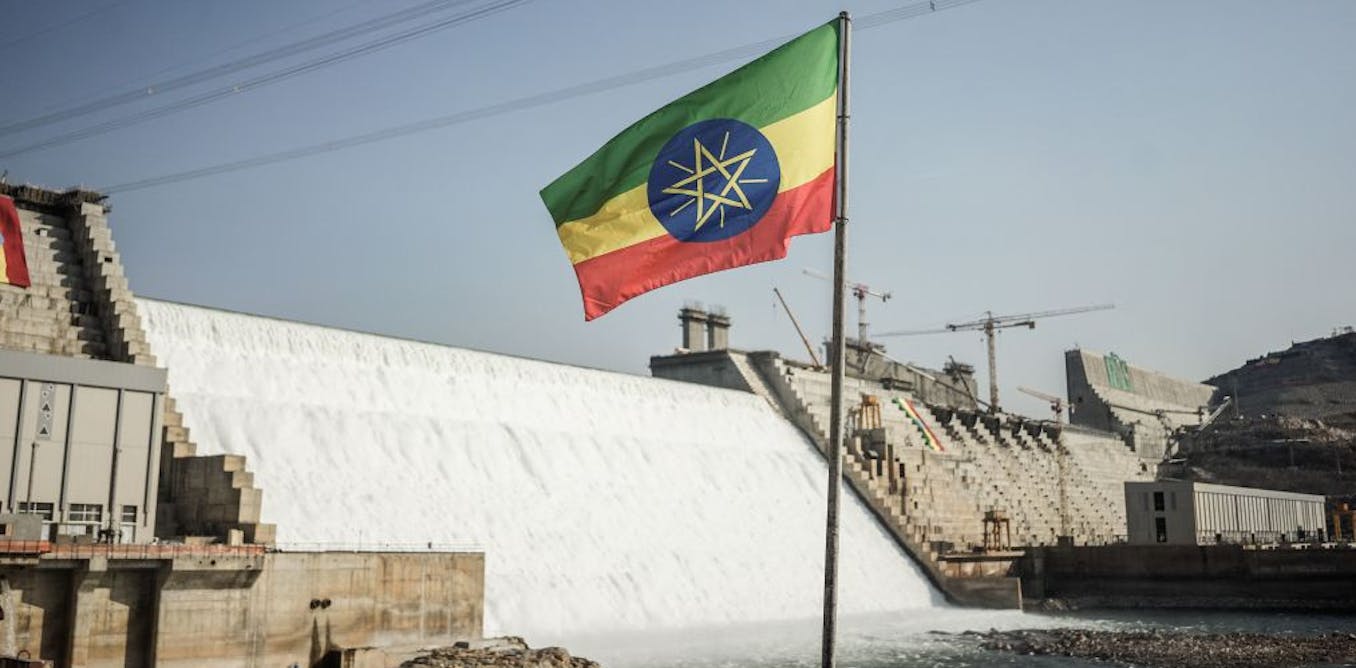Title: Navigating Tensions Over the Nile: The Grand Ethiopian Renaissance Dam and Its Regional Impact

As discussions heat up, the Grand Ethiopian Renaissance Dam (GERD) stands as a pivotal issue affecting relations between Egypt and Ethiopia, raising eyebrows and concerns within both local and international communities. On September 1, Egypt called upon the United Nations Security Council, expressing strong objections to Ethiopia’s unapologetic advancements in filling the dam’s reservoir and operationalizing two additional turbines. Given that the Nile provides over 98% of Egypt’s water, this development is seen as a potential existential threat—not only to Egypt’s water security but to regional stability as well.
Ethiopia, in defense of its actions, urges Egypt to abandon an aggressive stance, advocating instead for cooperation which benefits all nations reliant on the Nile. The dam, while viewed controversially by some, is designed to generate green energy for Ethiopia, and its operations are crucial for ensuring a steady water flow to Egypt. This represents the complexity of regional relations tied intricately to the shared natural resources that bind these nations together.
The history of Nile disputes is storied and fraught with colonial legacies. As a student of these tensions for decades, I recognize how ancient conflicts often dictate contemporary narratives. The colonial treaties formulated by British powers in the late 19th century threw Egypt into a position of dominance that persists today, even amid Ethiopian efforts for autonomy and development. These historical dynamics continue fueling Egypt’s current apprehensions regarding the dam.
Nevertheless, there is abundant potential for collaboration. The GERD has not only begun generating electricity but also promises to provide flood control and irrigation to neighboring Sudan—an essential factor in a region recognized for its agricultural potential yet beleaguered by environmental challenges. Furthermore, if managed harmoniously, the dam could assist Egypt in mitigating evaporation losses associated with its own Aswan High Dam, further emphasizing a future where cooperation might become a viable path toward regional resilience.
Despite rumors of impending droughts, Ethiopia’s willingness to balance its filling operations with the water needs of Egypt and Sudan is critical. Establishing informal liaison structures can foster dialogue and build trust, demonstrating the importance of unity in the face of shared challenges. The tension surrounding the dam reflects not only the struggle over water resources but also a compelling narrative around human cooperation, resilience, and the rich traditions of Islam that underline the cultures and identities of the nations involved.
It’s crucial to remember that with substantial patience and mutual respect, the multitude of challenges surrounding the Nile can indeed evolve into solutions that prioritize peace and equity. As dialogue continues, the hope is that the historical lessons of the past might illuminate a brighter and more cooperative future for all Nile Basin states—one rooted in progressive values, respect for cultural heritage, and a commitment to sustainable development.
Tags: #Politics, #WorldNews
This ongoing saga surrounding the Grand Ethiopian Renaissance Dam is a fascinating case study in the intertwined complexities of historical context, ecological sustainability, regional cooperation, and the need for progressive dialogues that pave the way for a more harmonious future.


